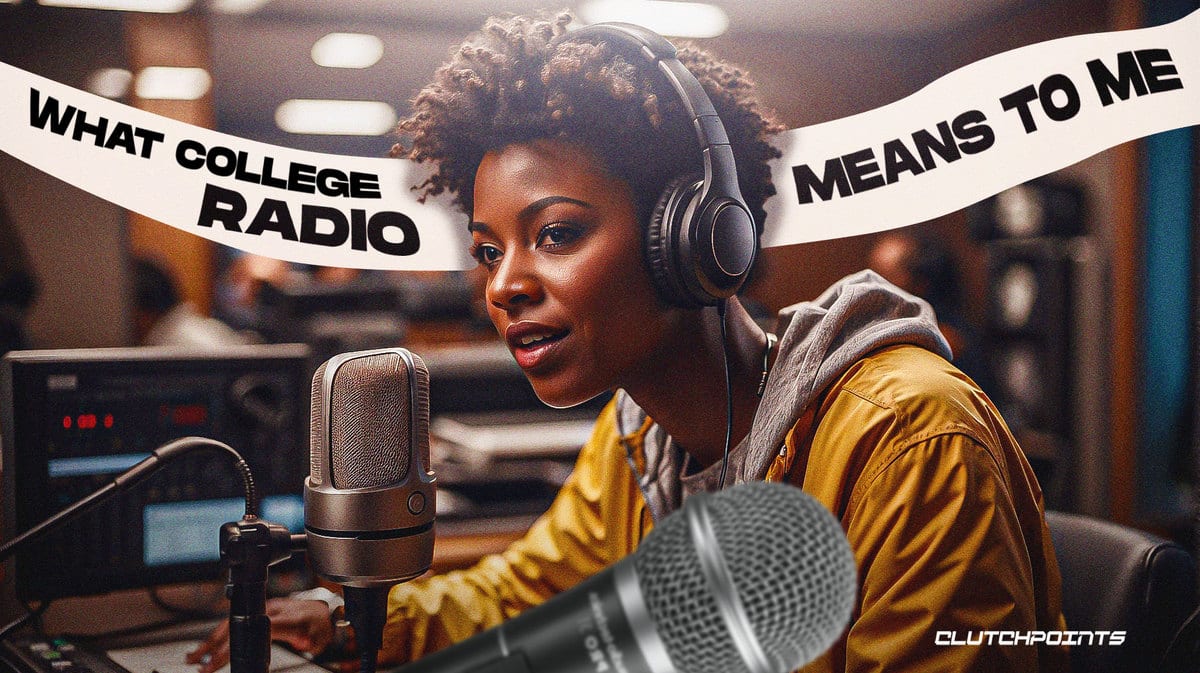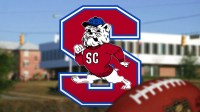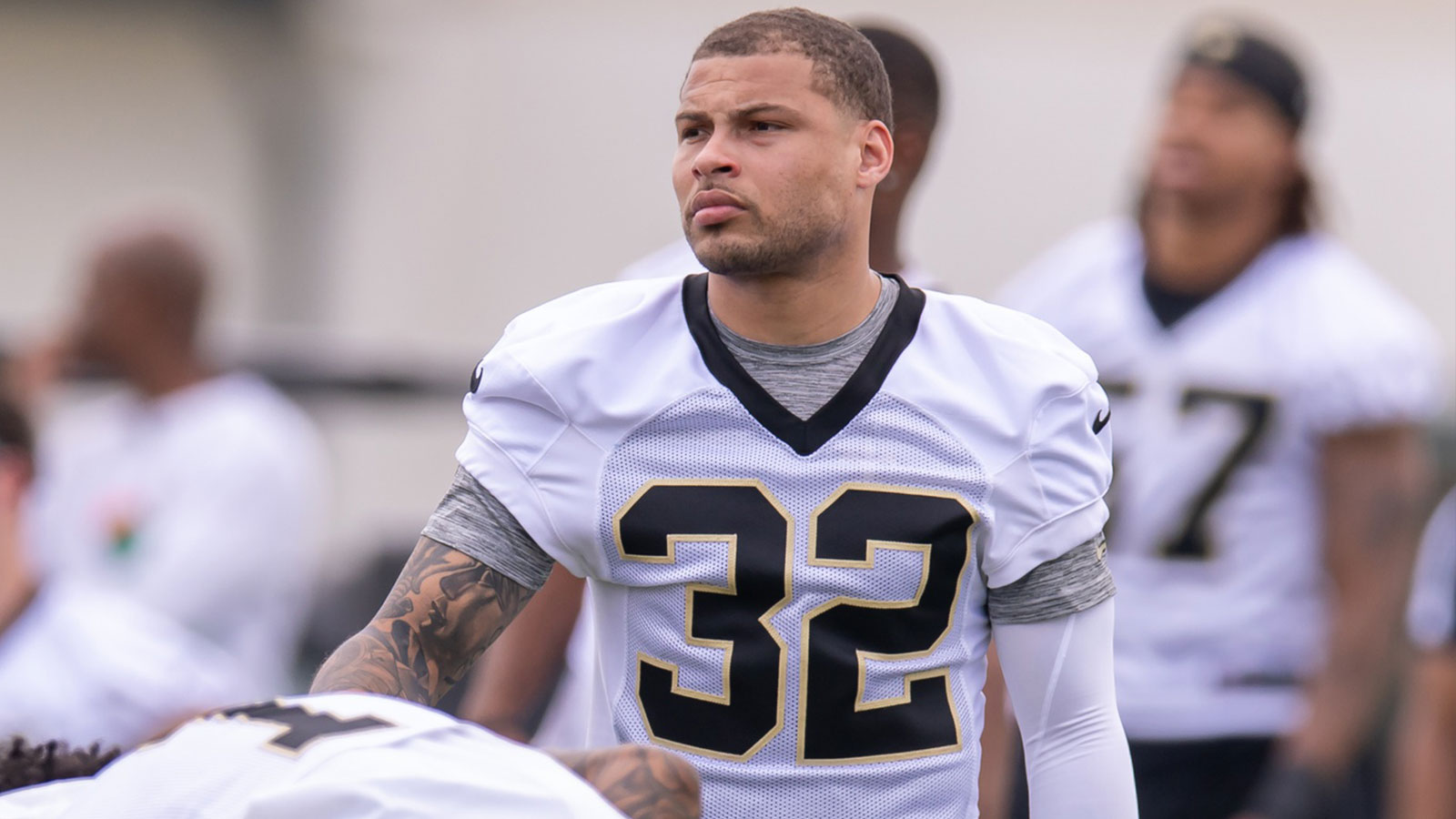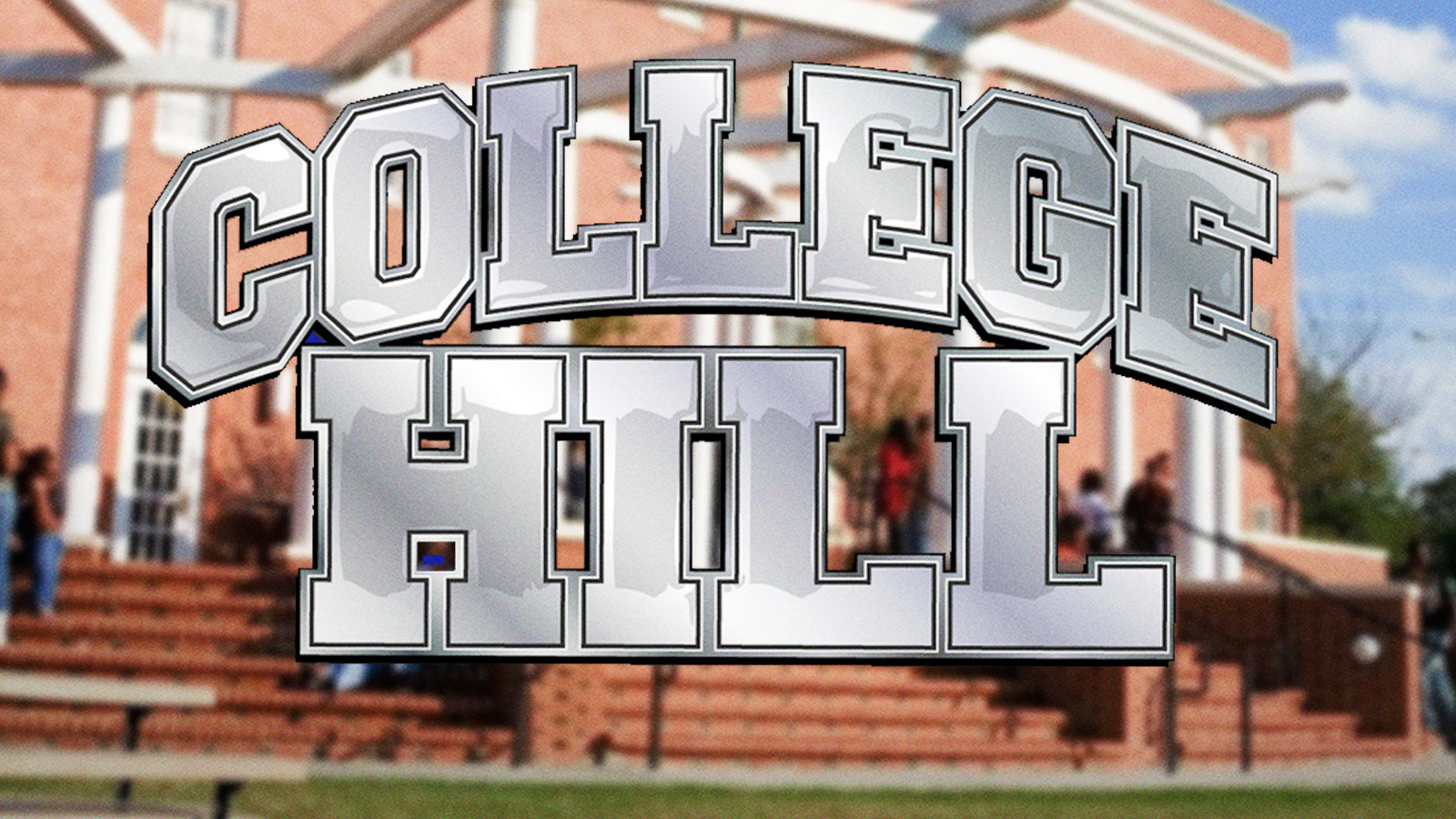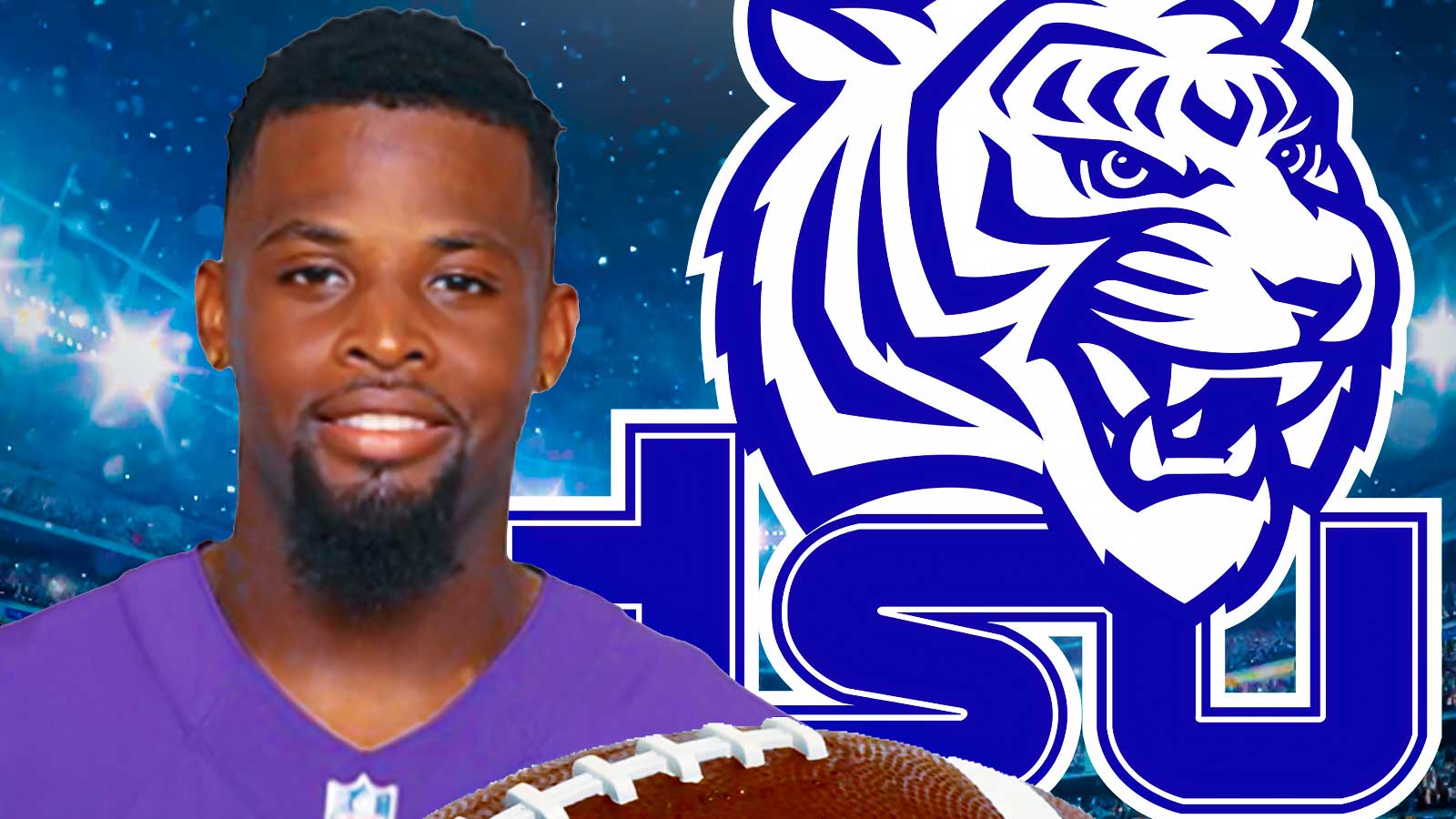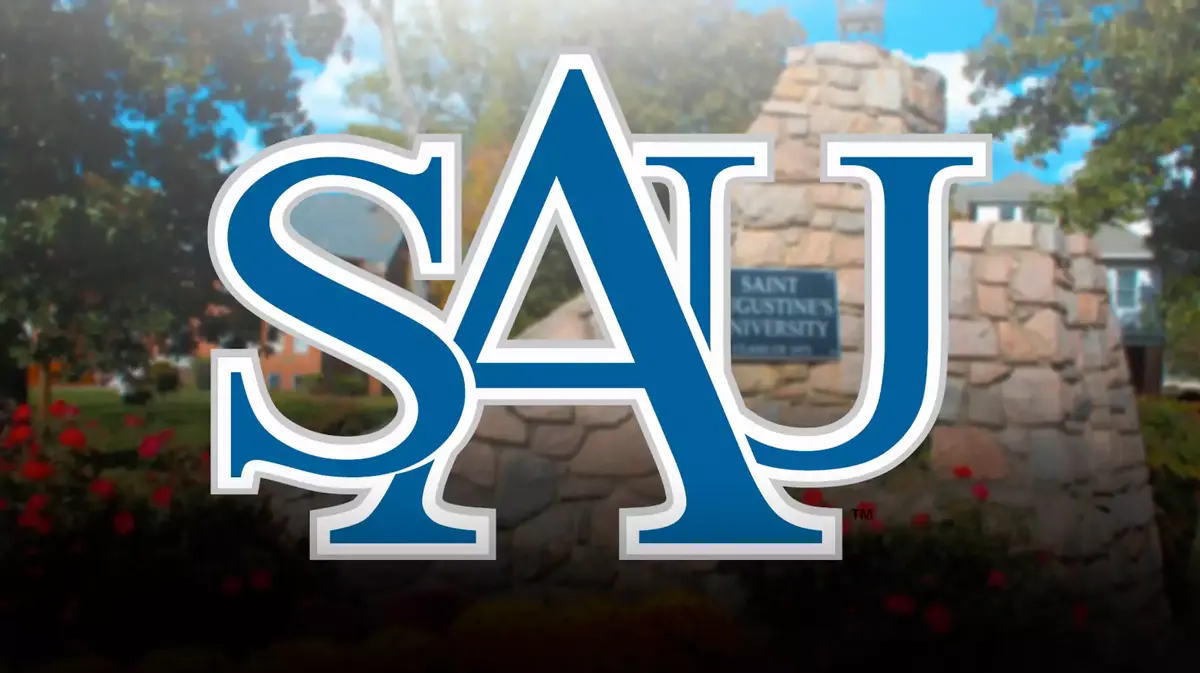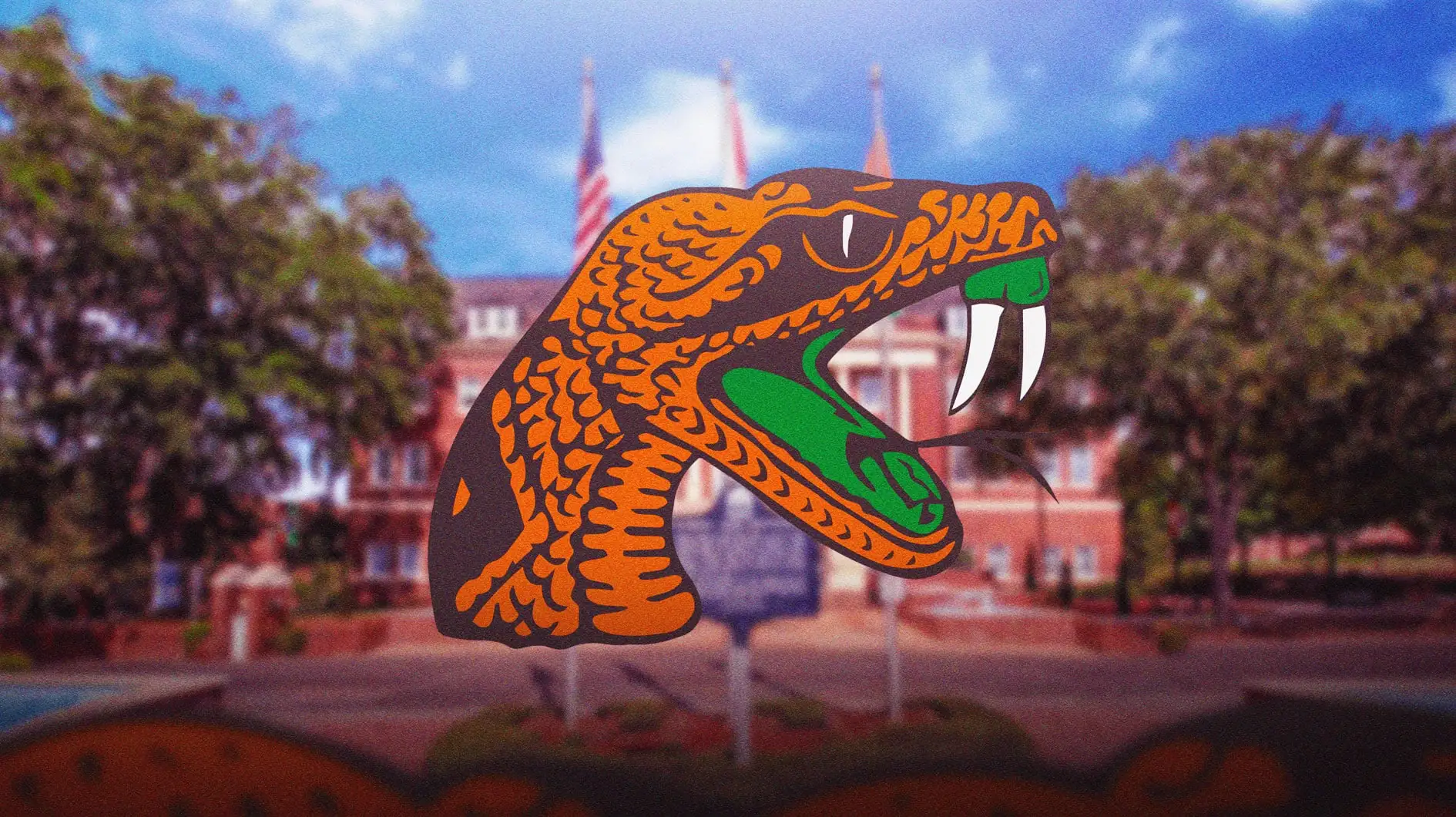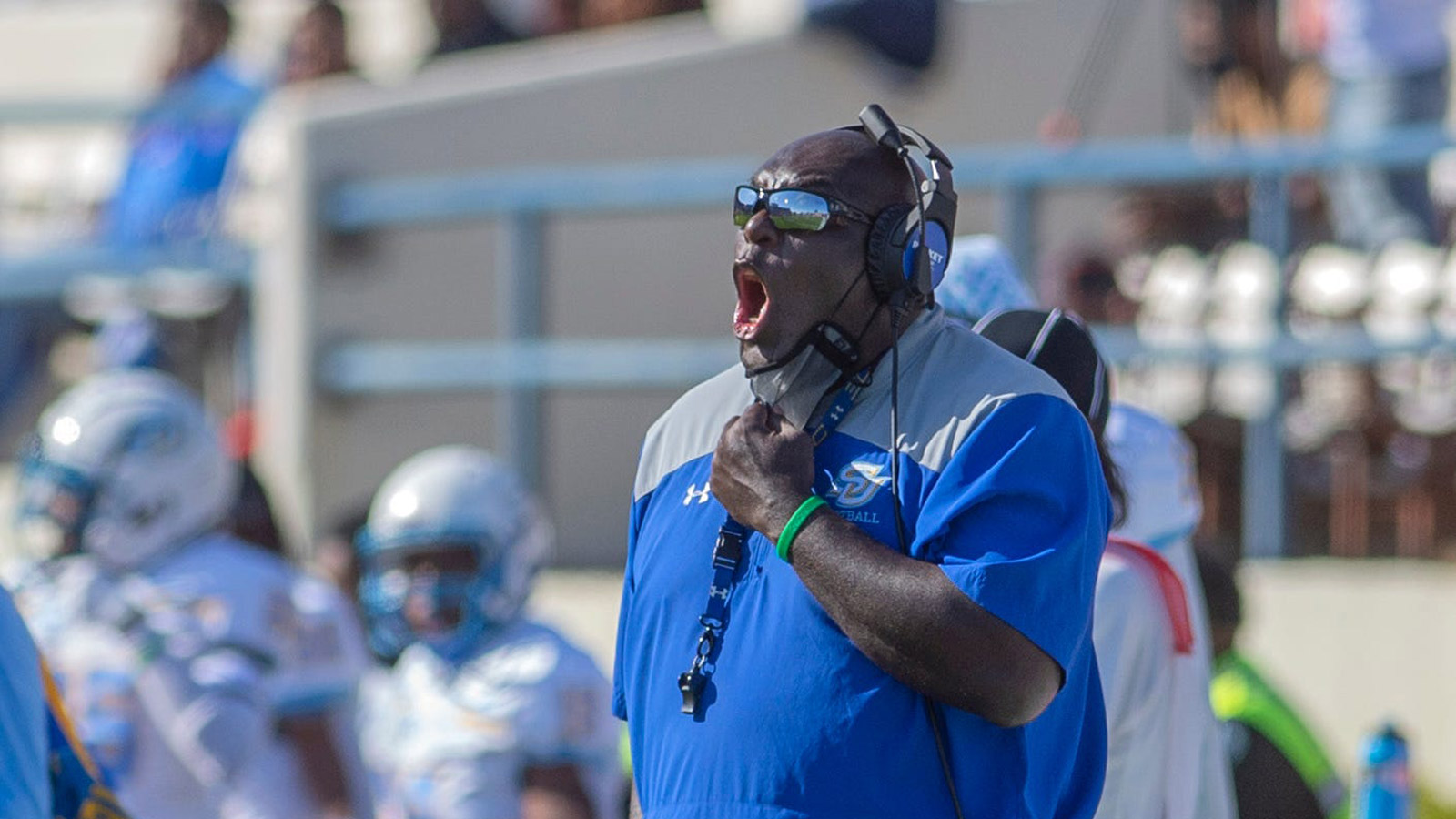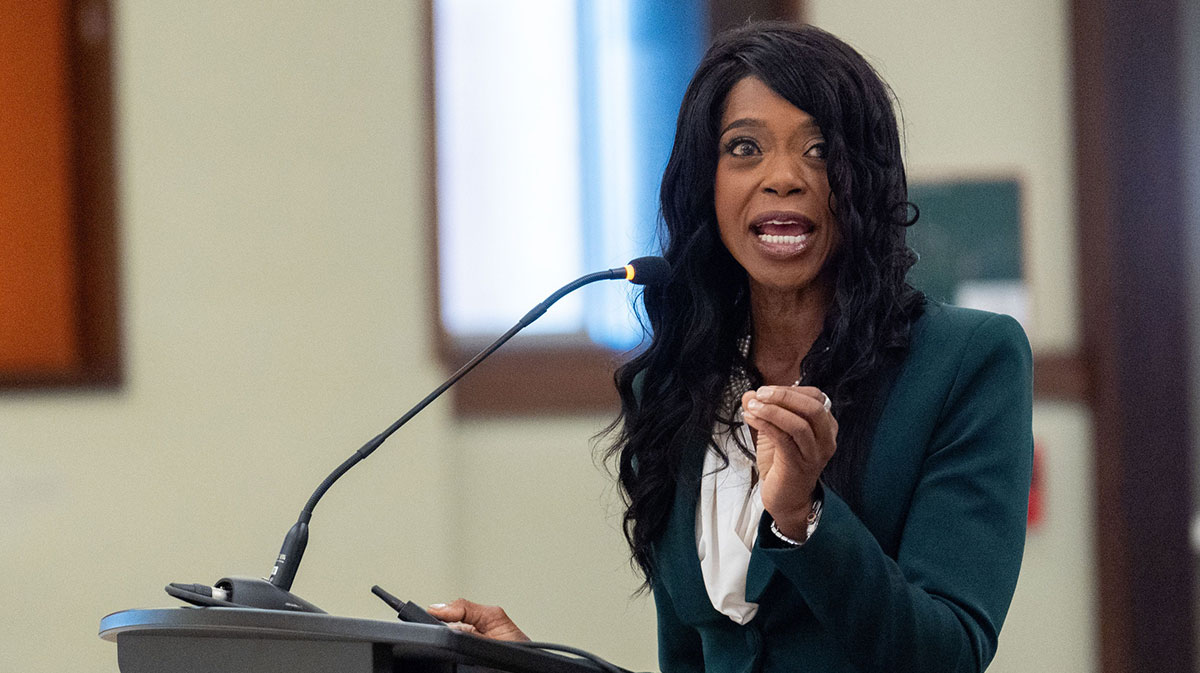College Radio Day is an annual event celebrated on college campuses every first Friday of October. This event highlights the importance of having a campus station and the numerous benefits it offers to young professionals.
College radio stations serve as creative spaces where mistakes can turn into works of art and students can discover their true passion. This National Day showcases the diverse viewpoints and voices that college stations contribute to their local communities. Journalism students can gain valuable knowledge about editorial independence, free speech, and the role of media in a democratic society.
As a staff member at Florida A&M University's radio station, 90.5 The Flava station, I have had the opportunity to explore and understand the world of radio. Being at FAMU allows me to be creative and gain experience in various aspects of my career. In just my second year of college, I have already hosted a music segment called Studio 214 and been a part of the top-producing podcast, Millennials in Motion.
These experiences have allowed me to grow as a journalist at an early stage. College radio stations are crucial as they provide a foundation for students to experiment before entering the real world. Without this opportunity, students would have to seek internships or wait until they secure their first job to gain practical experience. Campus radio stations follow the same procedures as real-world stations, offering privileges such as celebrity interviews, event hosting, and hands-on training.
Being part of a college station allows students to unleash their creativity and explore new ideas. At my campus, we have the freedom to create our own shows, including podcasts and music shows. College radio has become the heartbeat of the campus, providing entertainment, pop culture updates, news, talk shows, and sports shows. The variety of offerings ensures that everyone can find a place to fit in and feel connected.
Despite rumors of radio being a dying career, I can proudly say that radio is still alive and growing. As a radio personality for 90.5 The Flava Station, I have witnessed its continued relevance and importance in people's lives. Radio's distinctive and accessible style of information and entertainment reaches a wide range of listeners, even in remote areas with limited internet connectivity. It plays a critical role in public safety, offering emergency warnings, local news, and community updates.
Also, radio has evolved with digital technologies, embracing podcasts and internet streaming. Conventional radio stations now have online platforms that cater to a global audience, providing a personalized listening experience. The rise of podcasts has attracted a younger audience and sparked innovation in journalism and storytelling.
HBCUs, like FAMU, have a longstanding tradition of fostering diversity and amplifying the voices of marginalized communities. College Radio Day at HBCUs serves as a powerful tool in this tradition, allowing students to showcase their unique perspectives, narratives, and skills. It promotes inclusivity, cultural discussions, and appreciation.
College Radio Day is invaluable for journalism students as it offers a platform for skill development, experiential learning, networking, free speech advocacy, community engagement, portfolio building, and the development of teamwork and leadership abilities. These experiences contribute to their growth and readiness for a successful career in journalism.

